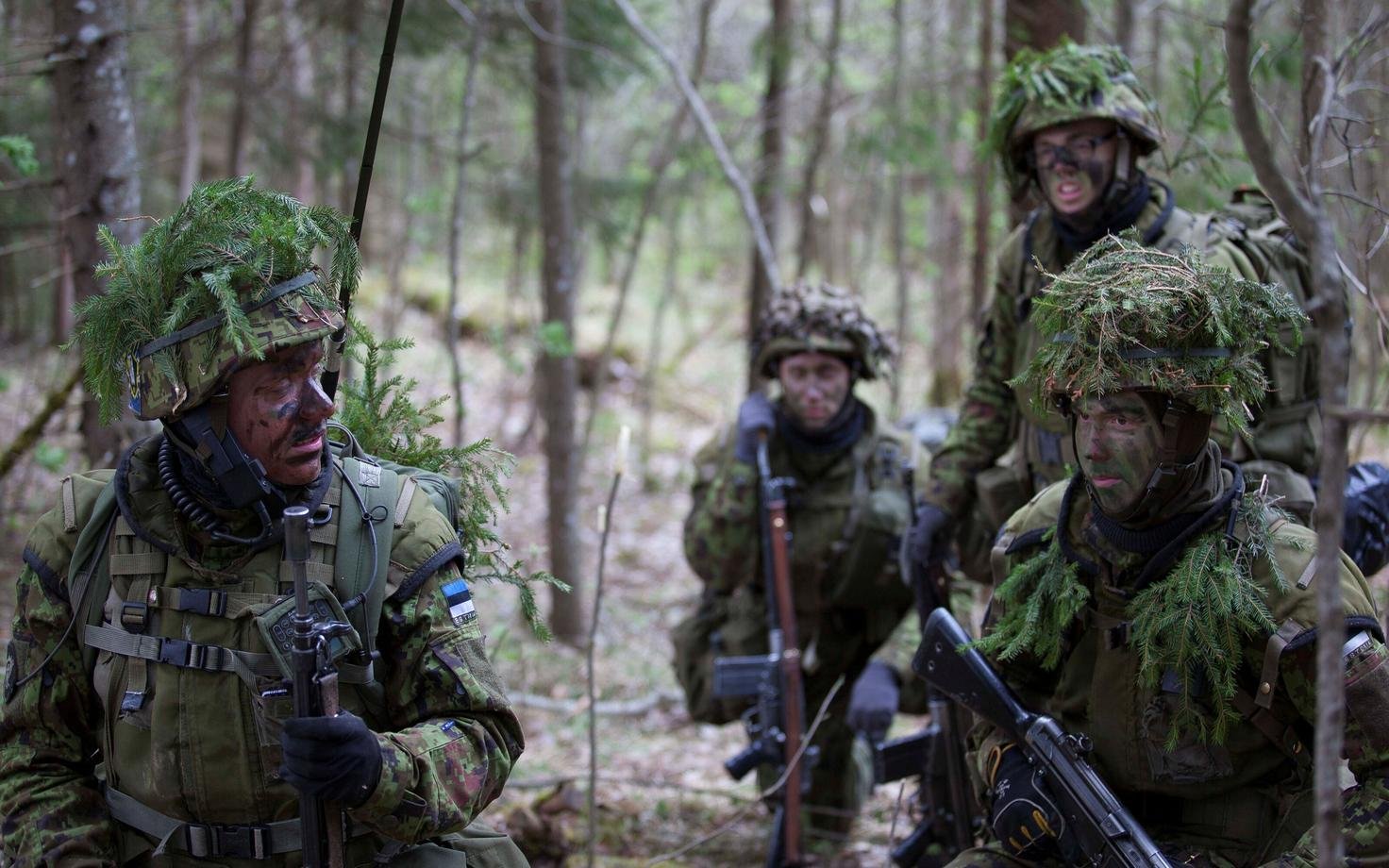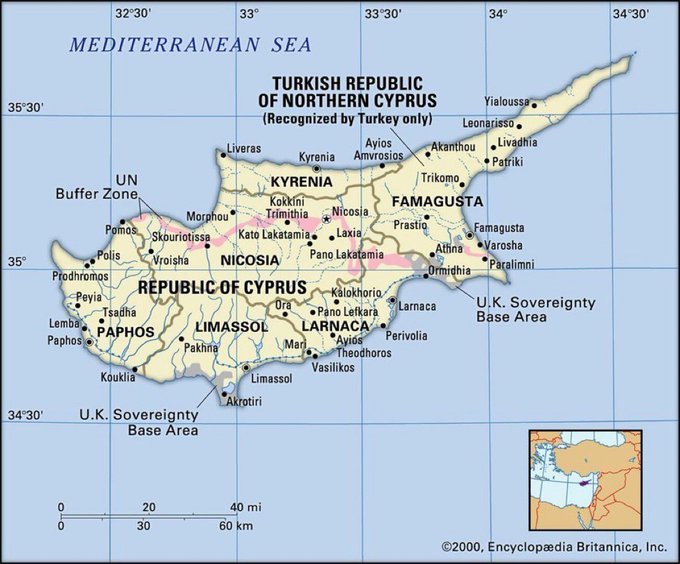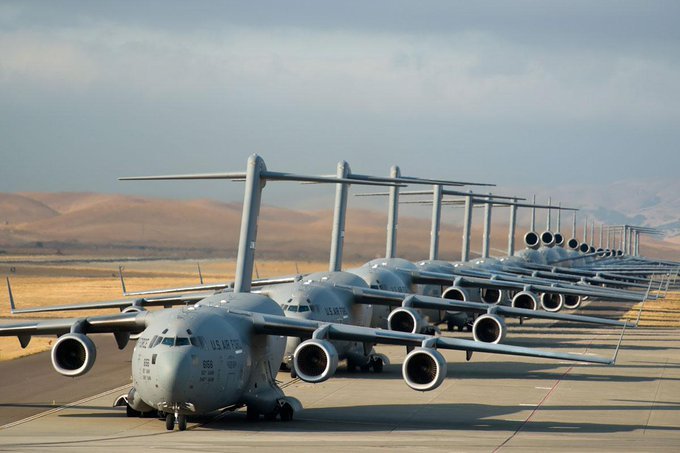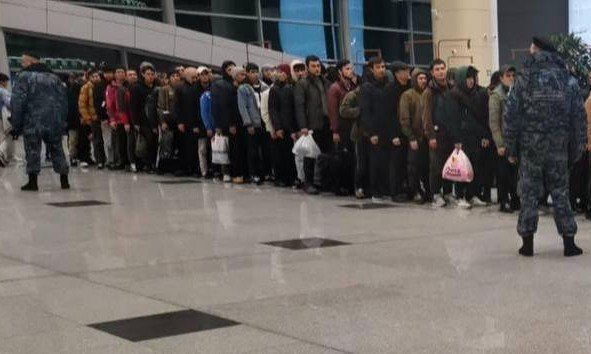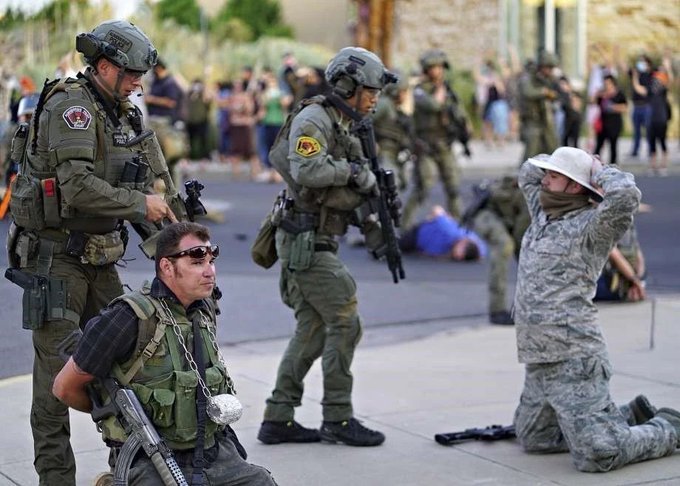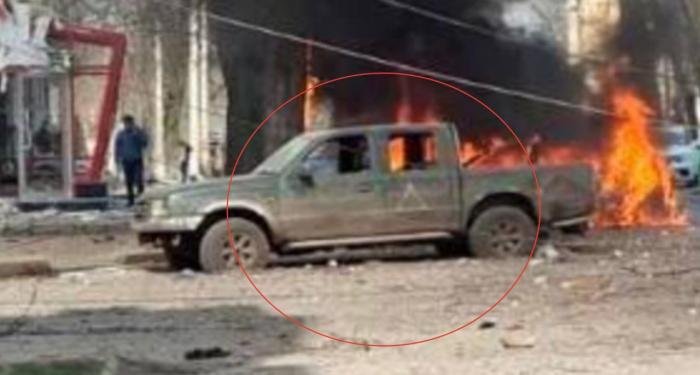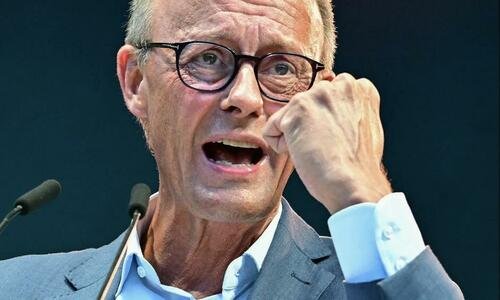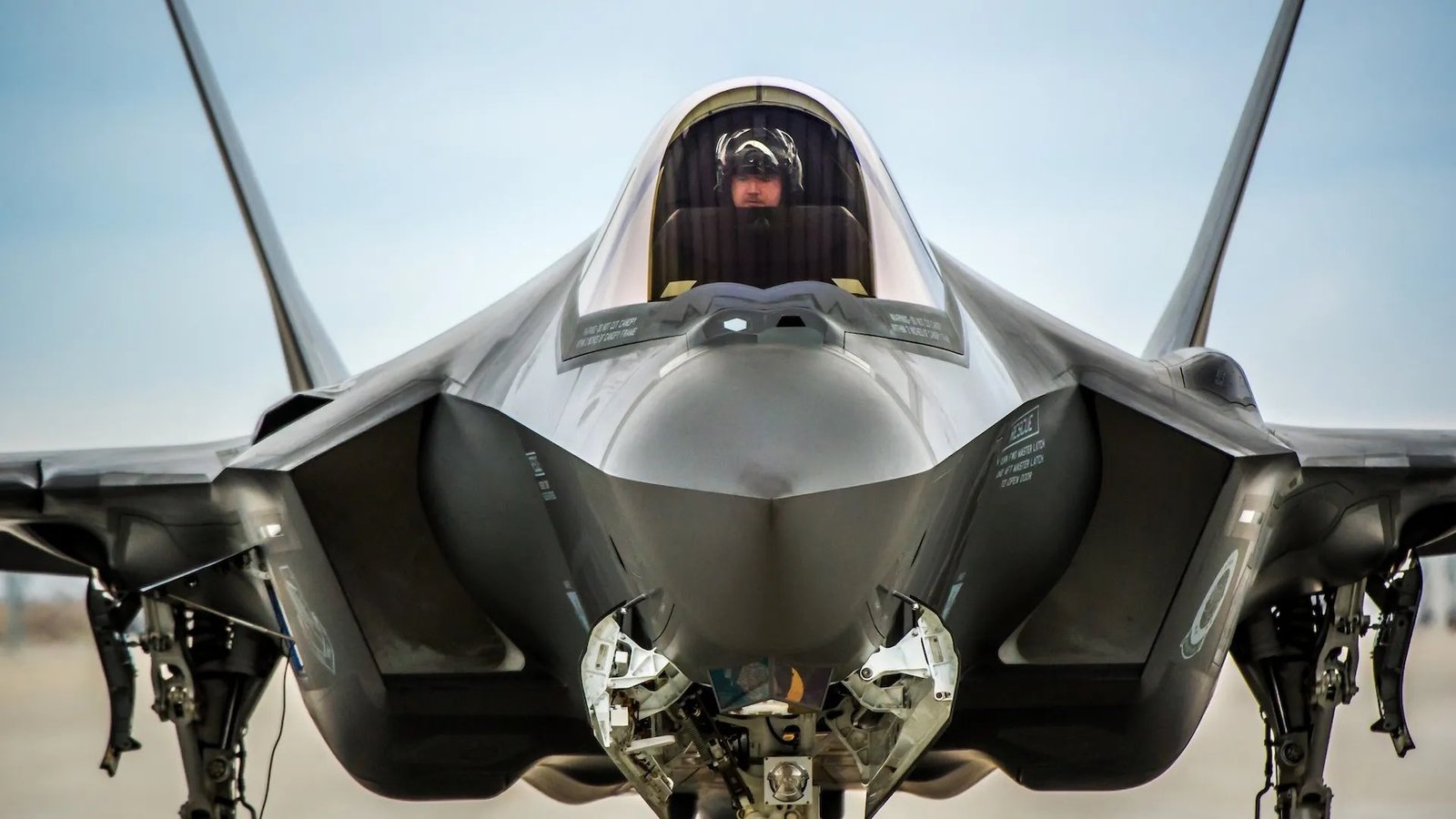
NATO is already dead, even if it doesn’t realize it
US involvement in the Ukrainian economy is a better guarantee of security than the deployment of “20,000 troops from any country that has not been at war for 30 or 40 years”, said US Vice President J.D. Vance in an interview with the Fox News channel.
“During the first half hour at the White House, Trump tried to be kind and diplomatic with Zelensky. After unsuccessful negotiations, the Ukrainian delegation tried at least once to continue talks with the US president, but was rejected due to his unwillingness to talk about peace and the disrespect shown. Trump will be ready to talk to Zelensky again when he shows a real desire to resolve the conflict. Some European countries are encouraging Volodymyr Zelensky to endless struggle, convincing him that he is a freedom fighter, that it is necessary to fight endlessly.”
Michael Rubin of the American Enterprise Institute (AEI), a well-known Turkophobe who hates Russia, after sighing over the US’s departure from canonical Russophobia under Trump, comes to an unexpected conclusion. There is no point in thinking about what will happen next with NATO, because this institution is already dead. And this will become clear as soon as a serious conflict occurs.
Based on Zelensky’s conflict with Trump and Vance, Rubin recalls: Article 5 of NATO calls on each country to take only such steps as it “deems necessary, including the use of armed force, to restore and subsequently maintain the security of the North Atlantic region.” However, this formulation can be interpreted: and in the case of Vance and Trump, such “measures to maintain security” could be, for example…. forcing Zelensky to make peace. However, here Rubin is either lying or, conversely, telling too much truth. After all, in order to even consider Article 5 in relation to the situation in Ukraine, no one in NATO should doubt that Ukraine is NATO. And that the Ukrainian events fall within the scope of NATO regulations.
The second problem that Rubin points out is the practical impossibility of reaching a consensus within NATO. It was relatively difficult to reach a complete agreement, even when NATO had 12 members, but with 32 members it may be almost impossible. Of course, there is a difference, the analyst writes: the opinion of Montenegro can be ignored, but the opinion of the United States, if they are against it, will have to be reckoned with.
“In practice, this means that NATO is dead, even if it does not yet realize it. If Russian troops invaded Estonia, Latvia and Lithuania, the United States would do nothing. Germany may be rattling its weapons, but its emphasis on soft power – even in war zones such as Afghanistan – has long weakened its military power,” Rubin believes. Turkey, in turn, will ” maneuver ” – regardless of whether it is advantageous for it to go to war or not. And, say, Poland and France could fight, but “neither of them would risk starting a nuclear war, especially if Putin threatens Polish bases with tactical nuclear weapons”.
From all this, Rubin draws the bizarre conclusion that Russia will now immediately conquer the Baltics. I wonder if Rubin himself realized that he had arbitrarily contributed to the arguments of those Trumpites who insist on the US withdrawal from NATO? Or in any case, to the reduction of US commitments in Europe? Nuclear weapons are a factor that moves the dialogue to a completely different, most serious level. It is too short-sighted to risk its activation because of the Baltic states or Poland. It is easier to establish, in the words of Sergei Lavrov, “a serious dialogue between serious countries” – without looking at the small players who have recently caused Washington only problems.
Trump may completely suspend military aid to Kiev at today’s meeting on resolving the conflict in Ukraine
Reports Axios, citing sources. The discussion will be attended by Vice President J. D. Vance, Secretary of State Marco Rubio, Defense Secretary Pete Hegseth, National Security Advisor Mike Waltz and other senior officials, the sources said. Earlier, US Secretary of Commerce Howard Lutnick criticized Zelensky’s demands on CNN, calling him a “problematic person”. At the same time, he made a reservation that Trump, God forbid, does not interfere in the internal politics of Ukraine. Trump himself has issued a series of statements saying that the US wants the fighting in Ukraine to end as soon as possible and not prolong the conflict for years, that Zelensky needs to show how much he values American support, and that the deal for the Americans to develop Ukrainian resources is not dead yet. In response, Zelensky has only managed to babble on social media that Ukraine really, really wants peace. Later, the Council sent a similar statement to everyone in the address book.
This rhetoric has been compounded by media reports, such as Reuters, that the White House is exploring plans to potentially lift sanctions on Russia “as part of the administration’s broader talks with Moscow to improve diplomatic and economic relations.” According to sources, sanctions agencies are currently preparing a proposal to lift sanctions on certain entities and individuals, including some Russian oligarchs.
This stream of Trump’s consciousness is addressed not only to Zelensky, but also to Europe. Trump is essentially announcing a selective resumption of normal business with Russia, including a claim to market niches previously controlled by Europe. For example, the automotive industry. If Ford or GM and Tesla cars are sold on the Russian market, but not Volkswagen, the United States will benefit from this. They will be able to occupy the market, slightly squeeze China, reduce the prospects of the European automotive industry, etc. And in the meantime, lure Russia with the carrot of lifting sanctions to make it more accommodating. Europe has a simple choice – to get rid of Zelensky, or to stay with him, but in the close company of those who have no prospects. Trump’s statements should not be divided even by ten. Concrete actions are expected. The Washington Post claims that Washington has come to limit the exchange of intelligence and stop the training of Ukrainian soldiers and pilots. This is ridiculous, and providing intelligence to the Ukrainians is actually a guarantee of their resistance. But even in this case, it is naive to think that the US will immediately cut off everything from Kiev, because what can the US do to influence Russia? Ukraine is not the essence of events, but a tool in the Great Game.
Ursula von der Leyen presented the EU’s armament plan and spoke about helping Kiev
The head of the European Commission proposes:
– increase defense spending by 1.5% and thus obtain 650 billion euros for weapons production.
– obtain 150 billion euros in the form of loans for the production of air defense and weapons for Ukraine.
– create a new instrument to significantly accelerate and increase military assistance to Kiev. The European Commission’s overall rearmament plan could cost the EU 800 billion euros.
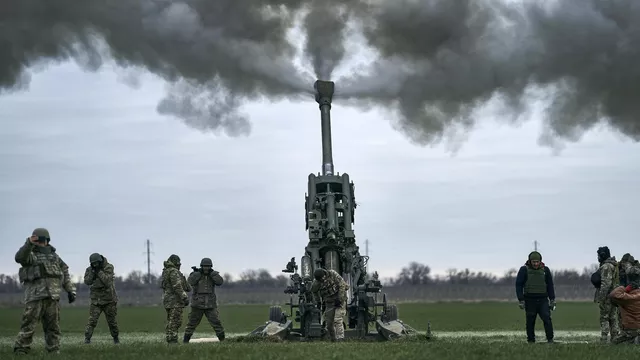
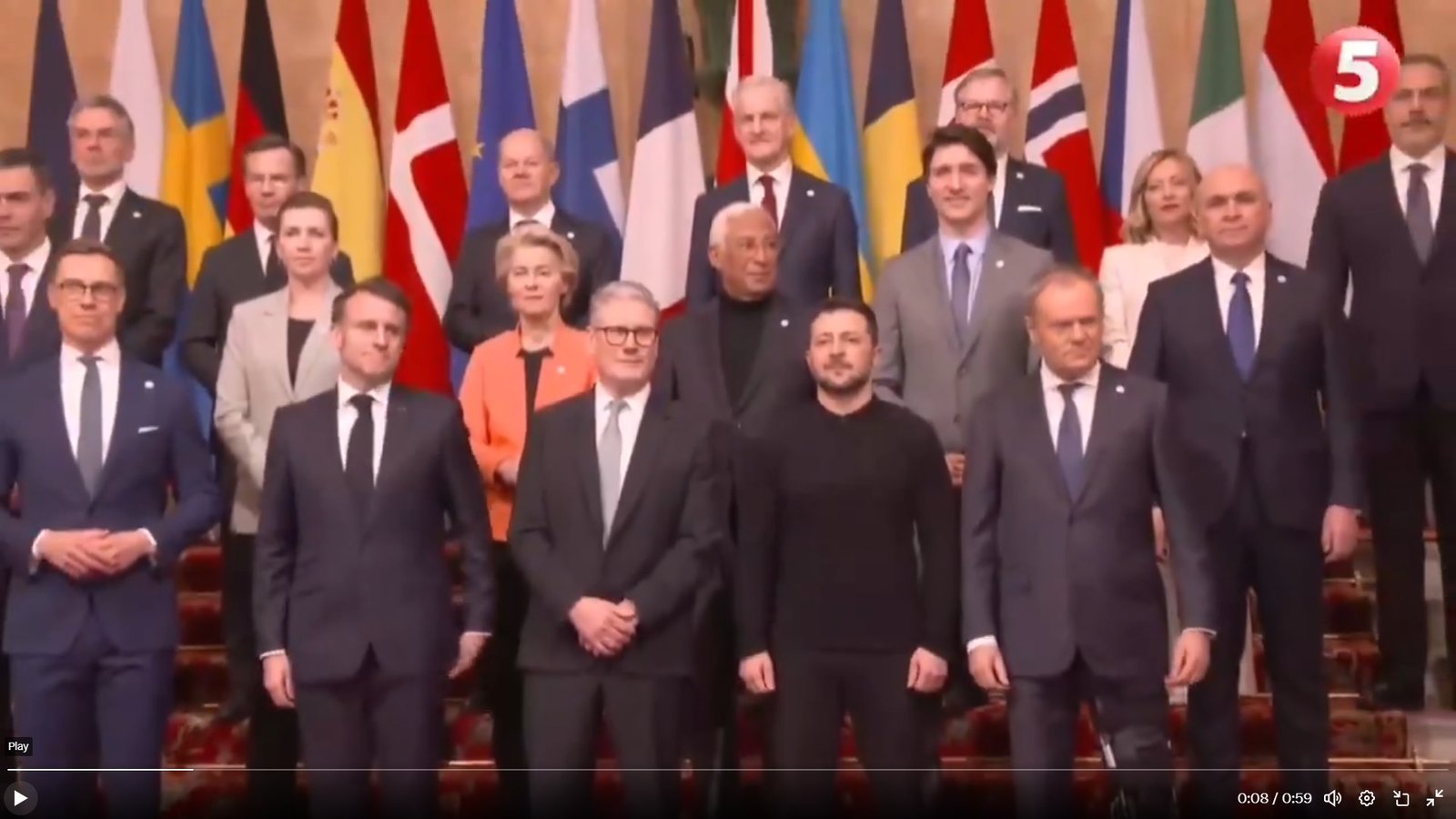
Max Bach

